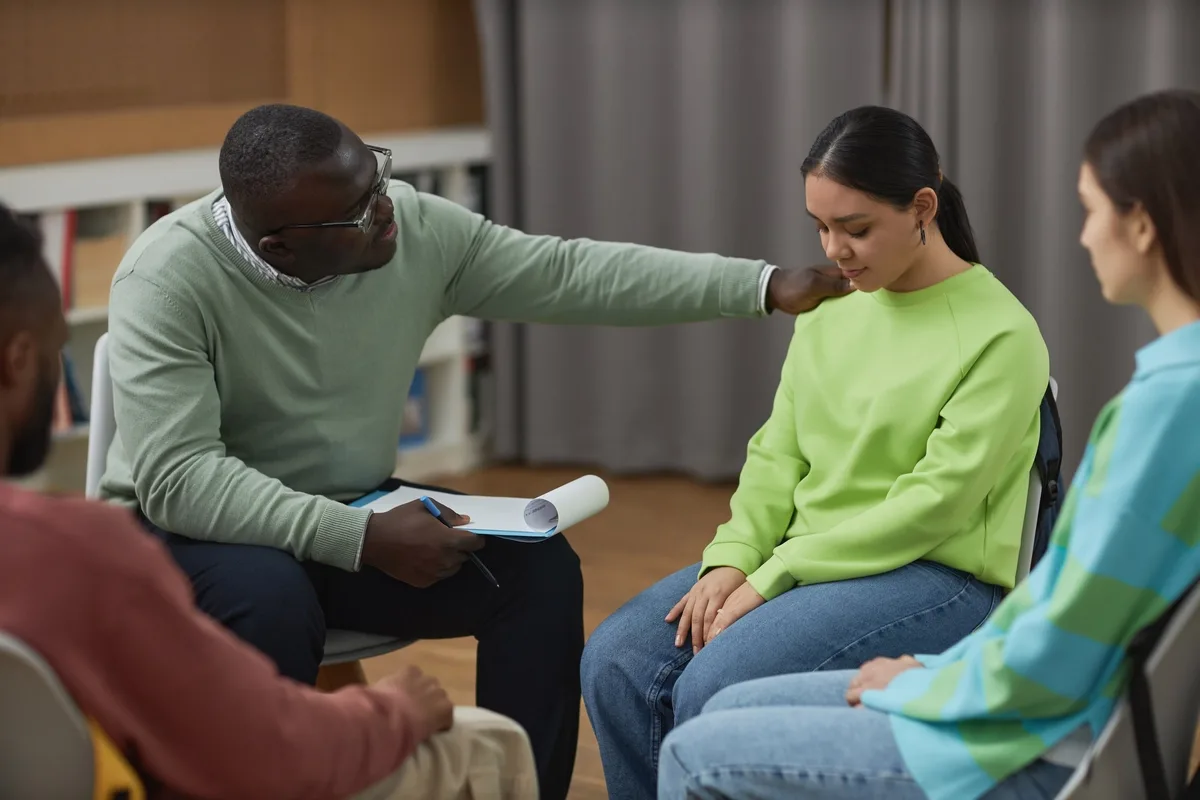24/7 Helpline:
(866) 899-111424/7 Helpline:
(866) 899-1114
Learn more about Aftercare Support centers in Thomaston

Other Insurance Options

Access to Recovery (ATR) Voucher

Choice Care Network

Aetna

Ambetter

Sliding scale payment assistance

AllWell

Absolute Total Care

BlueShield

Highmark

Group Health Incorporated

Molina Healthcare

EmblemHealth

MHNNet Behavioral Health

Multiplan

BHS | Behavioral Health Systems

GEHA

Evernorth

United Health Care

Magellan Health

UnitedHealth Group



















